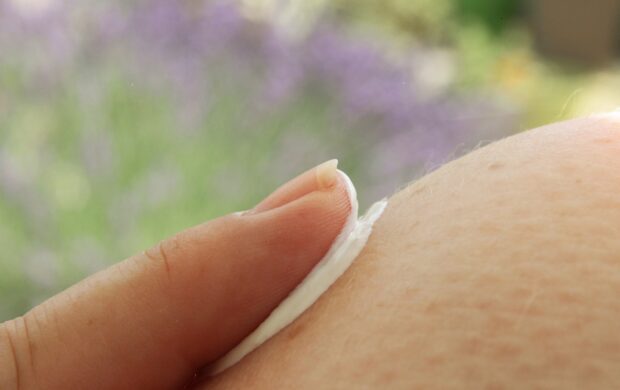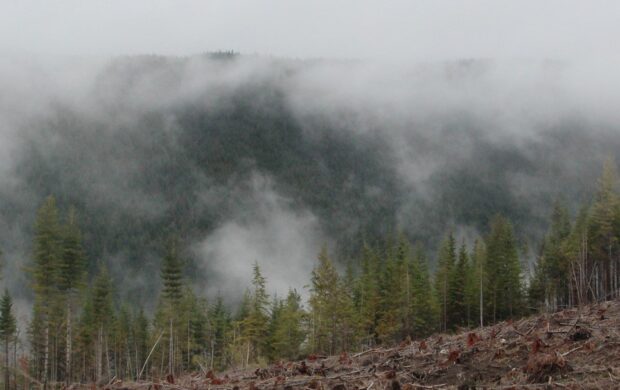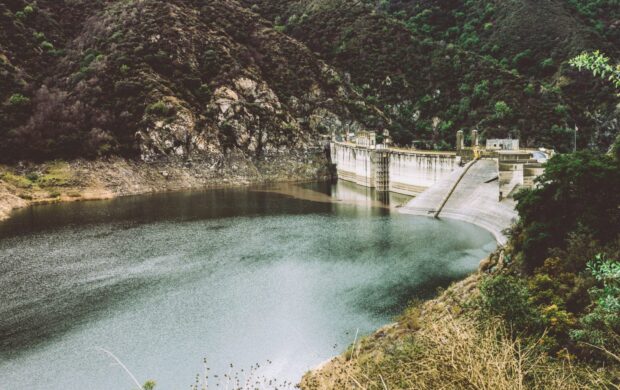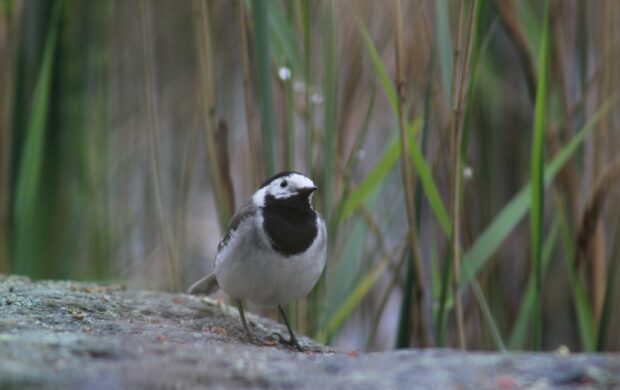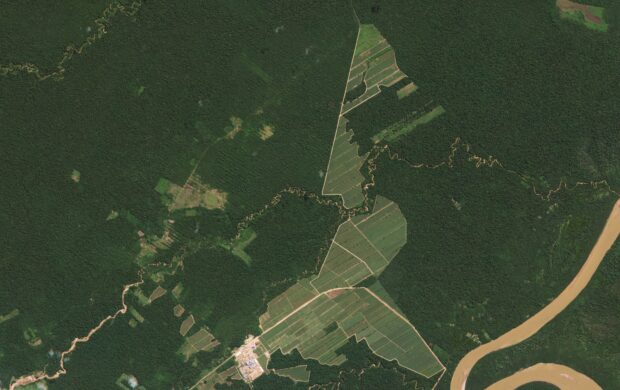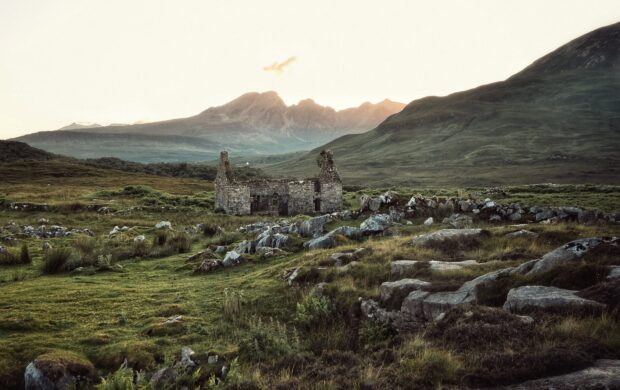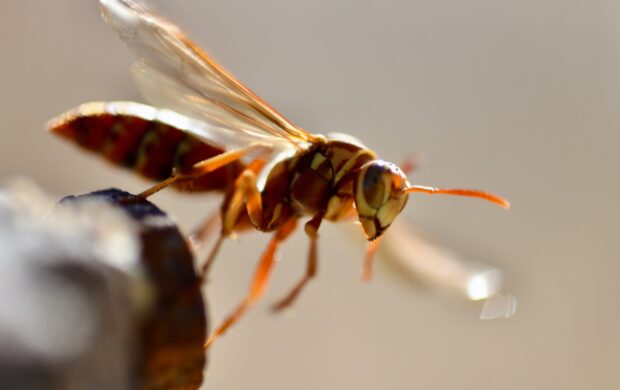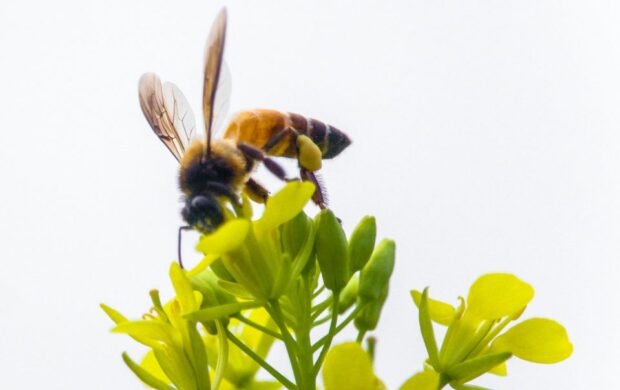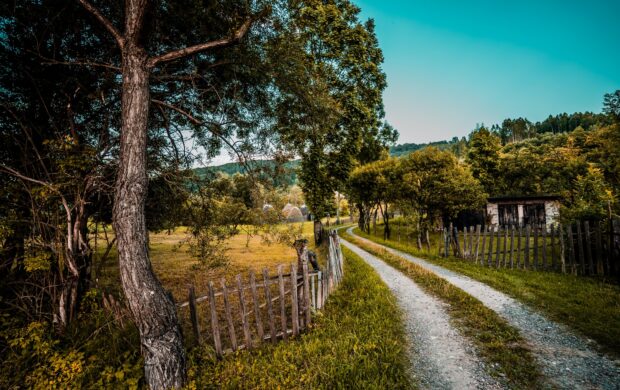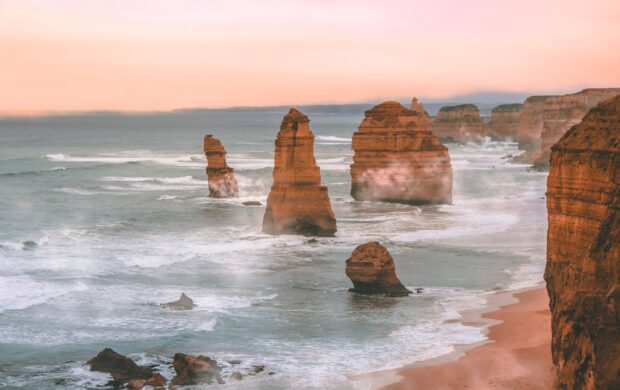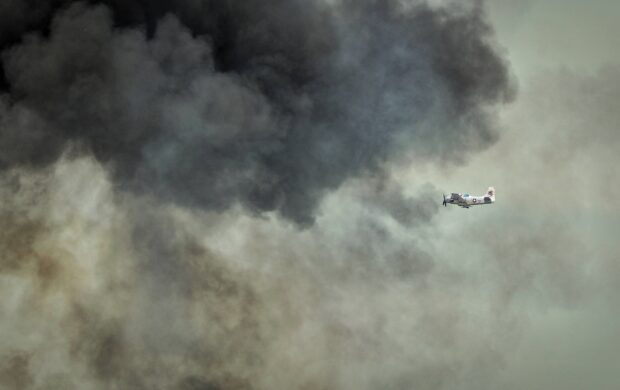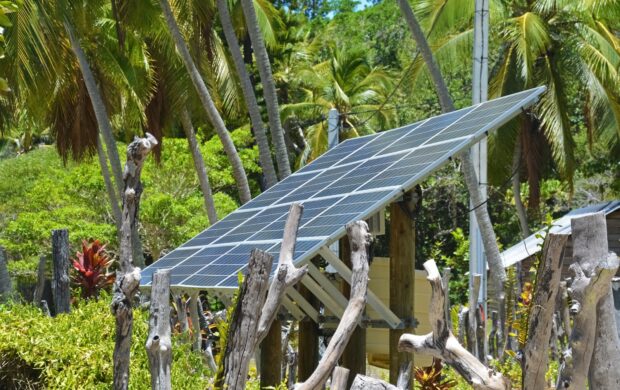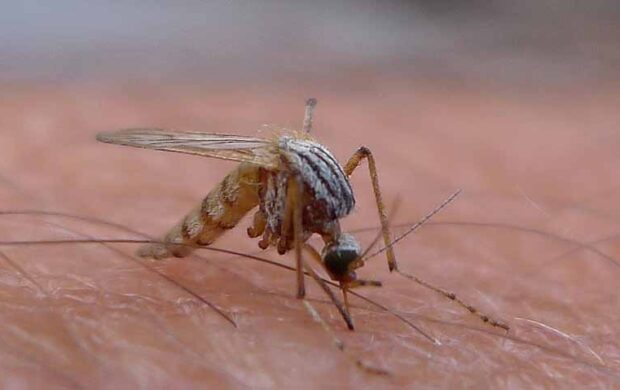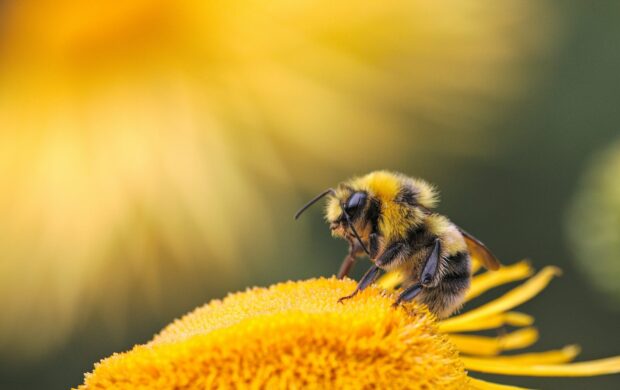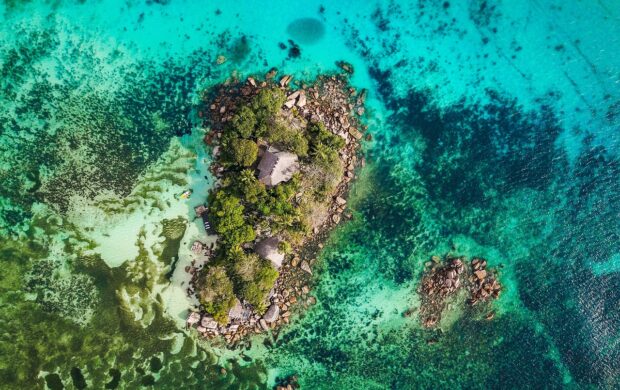Scientists at Rutgers University are proposing that we are in urgent need to document and preserve the diversity of humanity’s microbiota as processed foods and antibiotics create unintended changes to the microorganisms with which humankind has co-evolved.
One study showed that hunter gatherers living in remote Amazonian villages, for example, had twice the number of microbes living in their guts as the average American. To preserve this microscopic life for future generations, a team has called for a “Noah’s Ark” of germs to be collected from people in untouched corners of the world who have not been impacted by modern society, using a model similar to the Svalbard Global Seed Vault, a bank in the Arctic storing crops and plants from around the world to prepare for a doomsday scenario.

